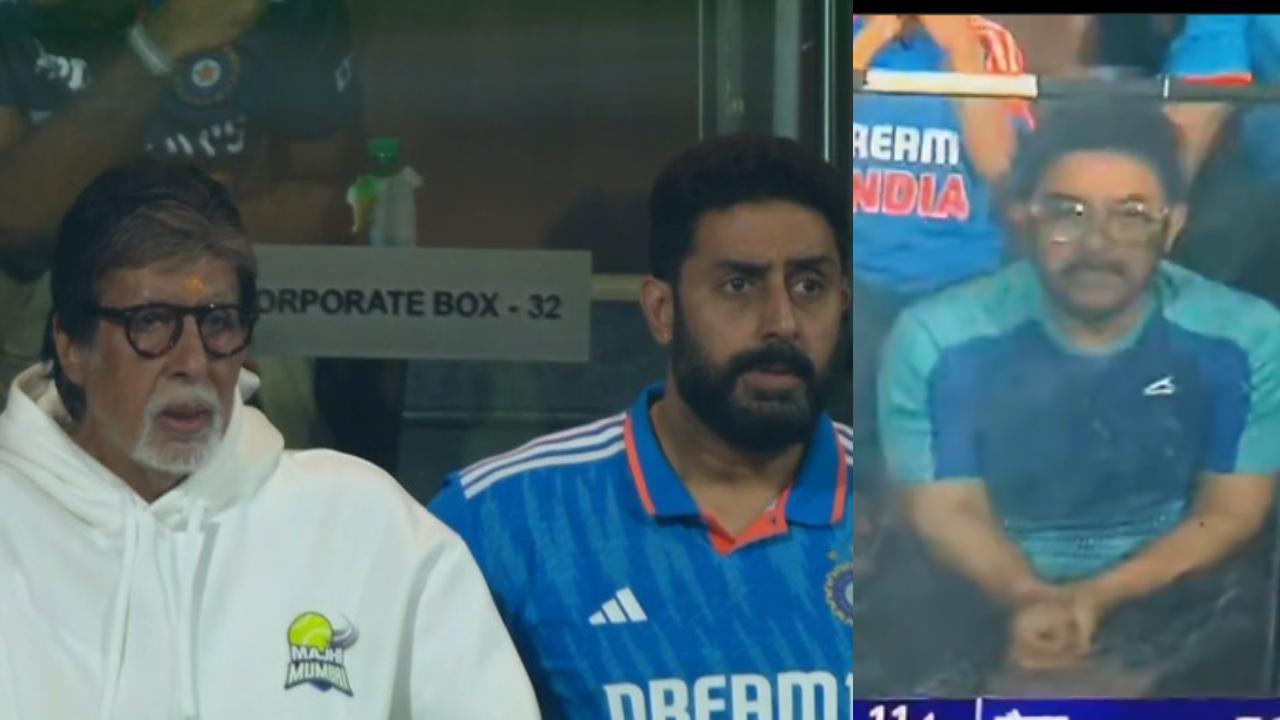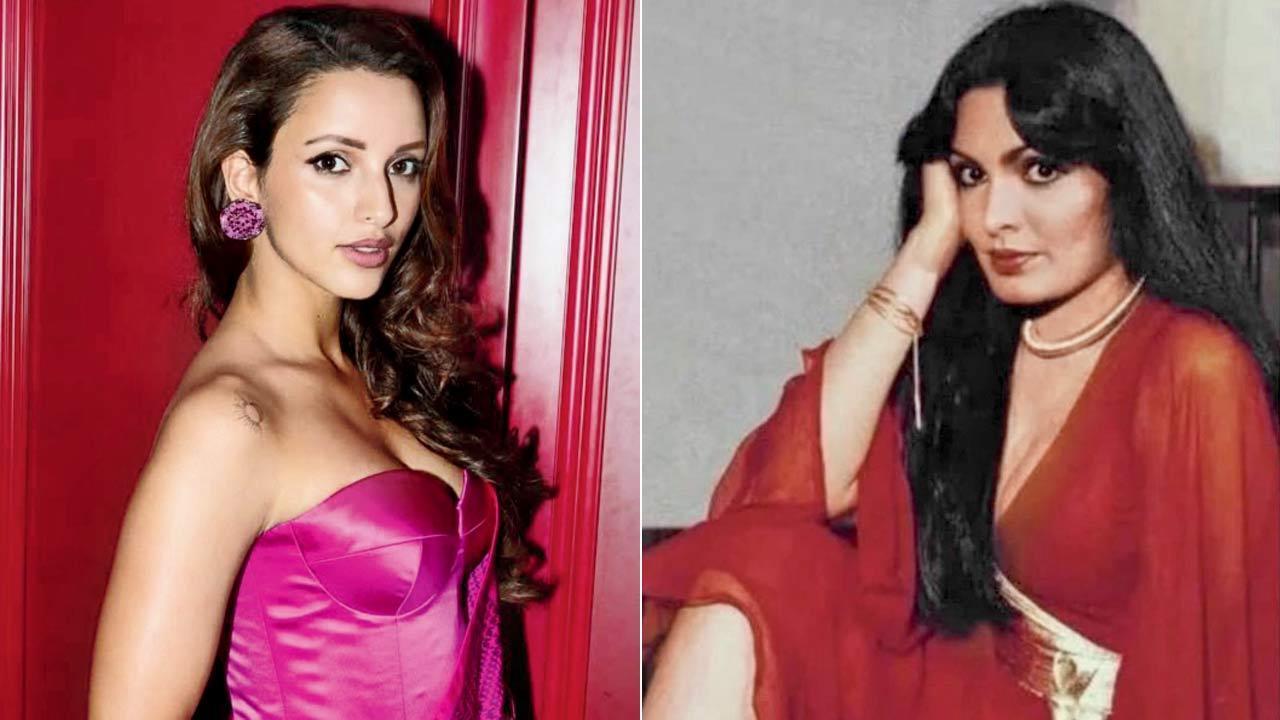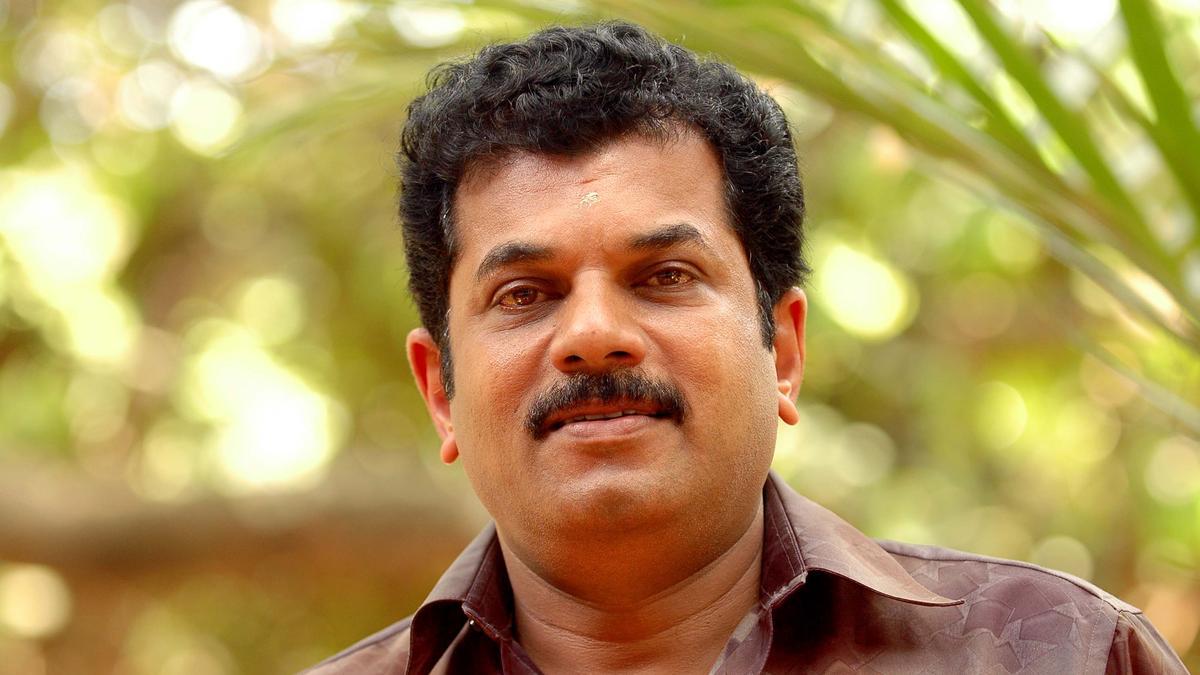
In an era where digital streaming is becoming the new norm for entertainment consumption, Bollywood actress Rani Mukerji sets herself apart with an unwavering commitment to the theatrical experience. As she prepares to celebrate her 27 years in the Hindi film industry, Mukerji has crafted an autobiography that chronicles her illustrious career and personal life away from the spotlight. Planned for release on her birthday in March 2024, writing her memoir has allowed Mukerji to relive her most memorable moments and envision her future in the cinematic landscape.
Through various films like “Saathiya” in 2002 and the critically acclaimed “Black” in 2005, to power-packed performances in “Mardaani” in 2014 and the recent “Mrs Chatterjee vs Norway,” Mukerji has continuously demonstrated an eye for strong and evocative storytelling. With such a rich background in film, it is natural to wonder if she might shift her gaze from acting to directing. Mukerji entertains the idea with open-mindedness and spirituality. “I will say Inshallah for everything and leave it to the universe,” she remarks, expressing her love for all aspects of filmmaking and an eagerness to embrace opportunities that may arise in directing.
In a move contrary to many of her contemporaries, Mukerji has opted not to engage with the over-the-top (OTT) platforms that have captivated global audiences and her peers alike. Her husband, Aditya Chopra, ventured into this domain with YRF Entertainment’s “The Railway Men,” marking a stark contrast in career paths. Despite this, Mukerji’s fidelity to the silver screen remains unshaken. “I started off with theater 27 years ago, it was like an arranged marriage to big-screen cinema, and now I have fallen deeply in love,” she explains. Her dedication to cinema reaffirms her decision to bypass a shift to digital screens in favor of preserving the tradition of theatrical releases.
Mukerji attributes her longevity and creative satisfaction in the industry to her selective nature when it comes to roles. She aspires to continue portraying strong female protagonists who leave an indelible mark on the audience’s hearts. She resists the pressure to appear in a multitude of films, opting instead for quality over quantity, dreaming of roles that are as impactful and significant as those she played in “Mangal Pandey: The Rising” (2005), “Veer-Zaara” (2004), “Bunty Aur Babli” (2005), and “Black.” For Mukerji, the criterion for her involvement in any project is not the frequency of her appearances, but the substance and depth of the characters she brings to life.
Looking back at her tenure in the industry, Rani Mukerji stands at a crossroads, driven by nostalgia and anticipation. Her devotion to the theatrical form mirrors a love story, one that started as an assigned partnership and developed into a deep-seated romance. As she charts her course forward, she may embrace the director’s chair with the same passion she has for leading roles. Regardless of the path she chooses, her guiding principle remains: remain true to the art of cinema and the power of storytelling, no matter the medium.










